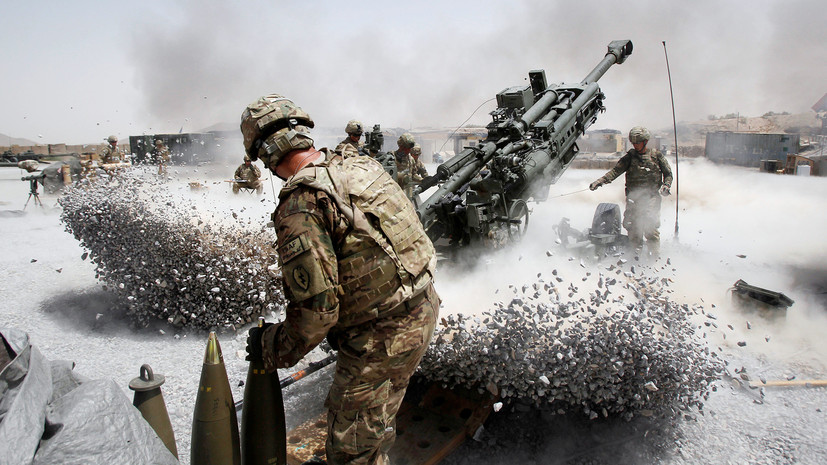Despite the optimism of the Americans, the new series of negotiations between the United States and the Taliban in Doha will hardly bring the region closer to the long-awaited peace. Washington is a military mission in Afghanistan, which lasts for 18 years and absorbed more than $ 700 billion just to help official Kabul. Donald Trump has already announced the withdrawal of 7,000 out of 14,000 US troops from Afghanistan, but so far the Taliban have been reluctant to conclude a comprehensive agreement, reasonably believing that they are now in a position of strength.
The proposal, discussed by the parties, implies the withdrawal of NATO and US PMCs, a guaranteed absence of terrorist camps in Afghanistan (IG **, Al-Qaeda ***), direct dialogue between the Taliban and official authorities, and a complete cease-fire. On the first two points, there is some progress, because the United States has already made it clear that they are ready to curtail their intervention. In turn, the Taliban itself is vitally interested in suppressing hotbeds of instability in their rear — they do not need ideological friction, as well as competitors in the struggle for opium traffic and for money of the radical Arabian sheikhs.
But the last two demands are blocking the negotiations for now: The Taliban do not see much sense in stopping the war with official Kabul right now. The Taliban have enough resources left to wait for the authorities to gradually hand over the territory themselves (Kabul controls not more than 35% of the country's districts, the rest are contested by the Taliban and other military groups). Moreover, there is a serious reason to believe that the voiced departure of the Americans will lead to a rapid fall in the administration of President Ashraf Ghani. So why speed up negotiations in this direction?
There is another factor that makes compromise difficult to achieve - Pakistan. Islamabad has a serious impact on the internal processes in Afghanistan and is closely associated with the Taliban. At the same time, being only an indirect party to the conflict, Pakistan refuses to use its influence on the Taliban in order to soften their position on American conditions. At the end of June, Ashraf Ghani visited Pakistan, calling for forgetting the old problems, but it is obvious that the powerful neighbor will not want to weaken his position in the region. Bargaining everyone with everyone will continue, but will the Americans be able to achieve a decisive breakthrough? Very doubtful.
* “Taliban” - the organization is recognized as terrorist by the decision of the Supreme Court of the Russian Federation of February 14, 2003.
** “Islamic State” (IG) - the organization is recognized as terrorist by the decision of the Supreme Court of the Russian Federation dated December 29, 2014.
*** Al-Qaida - an organization recognized as terrorist by the decision of the Supreme Court of the Russian Federation of February 14, 2003.

